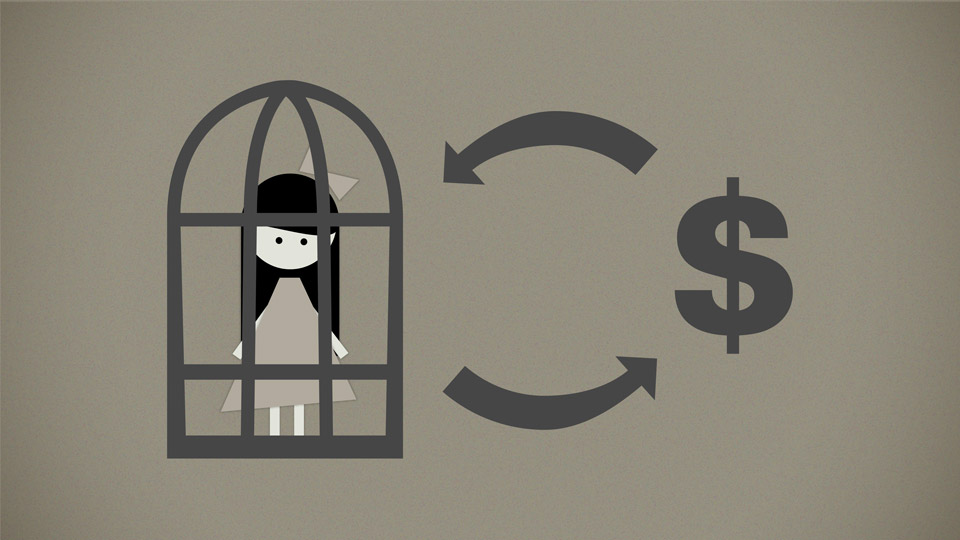Human Trafficking
Stopping Human Trafficking
In the face of the alarming rise of human trafficking activities, the international community is redoubling its efforts to stop human trafficking and to improve child protection. The UN has reacted to the growing business in human trafficking: In 2003, the UN adopted the protocol against human trafficking, and the UN’s Convention on the Rights of the Child was also strategically adapted with the aim to efficiently and effectively combat the problems of child trafficking, child prostitution and child pornography. Since the problem has many facets, a variety of UN institutions focus on the topic (UNODC, UNICEF, UN Women, among others). Together with other international organizations, they have – for example – created the initiative UN.GIFT(UN Global Initiative to Fight Human Trafficking). In addition, the UNODC started the Blue Heart Campaign, to promote preventive measures worldwide.
In the Philippines, since the 1990s, efforts have intensified to create a better legal situation, and a series of laws have been approved and advanced. Besides the 1992 laws against child abuse and child prostitution, there is now also a 2003 law against human trafficking, and a 2009 law against child pornography. Through new discussion forums such as the Inter-agency Council against Human Trafficking (IACAT) and the regional variant, RIACAT, the communication between governmental and non-governmental organizations had been improved. Through this network, the prosecution of and education about human trafficking should reach all the way to remote villages. The success of the Philippines anti-trafficking efforts, however, has been limited so far. Although many individual perpetrators and trafficking rings have been discovered and prosecuted, the majority of perpetrators remain undetected and unpunished. Also, protective institutions and measures for victims are still lacking nationwide. If true progress is to be made, public awareness of the problem has to increase. Since 2009, the UNODC has gained a prominent voice on the topic of human trafficking by naming Oscar-winning American actor Nicolas Cage a Goodwill Ambassador. Young, globally active media formats for education – such as the MTV EXIT Initiative – reach large portions of the populations of countries around the world, with their broad-spectrum multimedia action program. For example, more than 35,000 people took part in the MTV EXIT tour in the Philippines. Supported by the continuing commitment of Maria and Elisabeth Furtwängler, working together with the non-governmental organization German Doctors, Malisa Home is also making a contribution to fighting human trafficking on Mindanao.



